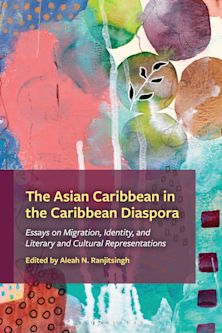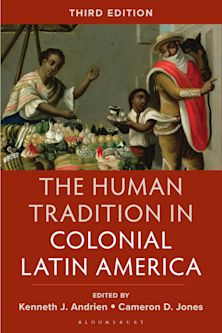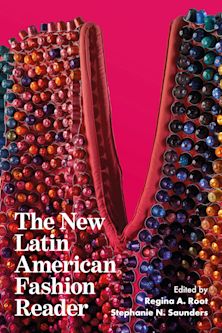- Home
- ACADEMIC
- History
- Latin American History
- Saddling La Gringa
You must sign in to add this item to your wishlist. Please sign in or create an account
Description
Because of their ethnic identity, Latinas sometimes face discrimination in the United States. Latinas are additionally oppressed because of their gender—because they are women, they hold a subordinate position in patriarchal Latino culture. The oppression of Latinas is maintained through various cultural mechanisms, which sustain power relations based on gender. This book gives special attention to the role of female cultural gatekeepers in novels by contemporary Latina writers.
These gatekeepers enforce and perpetuate patriarchal cultural constraints onto future generations of Latinas. They construct and police female identity, including their own, through the use of idiomatic expressions, epithets, jokes, morality tales, and myths. The volume begins by examining Judith Ortiz Cofer's Silent Dancing, a work that clearly illustrates the role of gatekeepers in perpetuating gendered power relations. It then turns to the writings of Christina García, Julia Alvarez, Rosario Ferre, and Magali Garcia Ramis. Through their highly critical yet loving characterizations of female gatekeepers, these Latina writers suggest a different way of life for Latinas, a feminist way.
Table of Contents
Introduction: Major Elements in the Works of Latina Writers
Judith Ortiz Cofer, Silent Dancing
Cristina Garcia, Dreaming in Cuban
Julia Alvarez, How the Garcia Girls Lost their Accents
Rosario Ferre, The Youngest Doll and Other Stories
Magali García Ramis, Happy Days, Uncle Sergio
Bibliography
Index
Product details
| Published | 30 Sep 2000 |
|---|---|
| Format | Ebook (PDF) |
| Edition | 1st |
| Extent | 192 |
| ISBN | 9780313091094 |
| Imprint | Praeger |
| Series | Contributions in Women's Studies |
| Publisher | Bloomsbury Publishing |



































